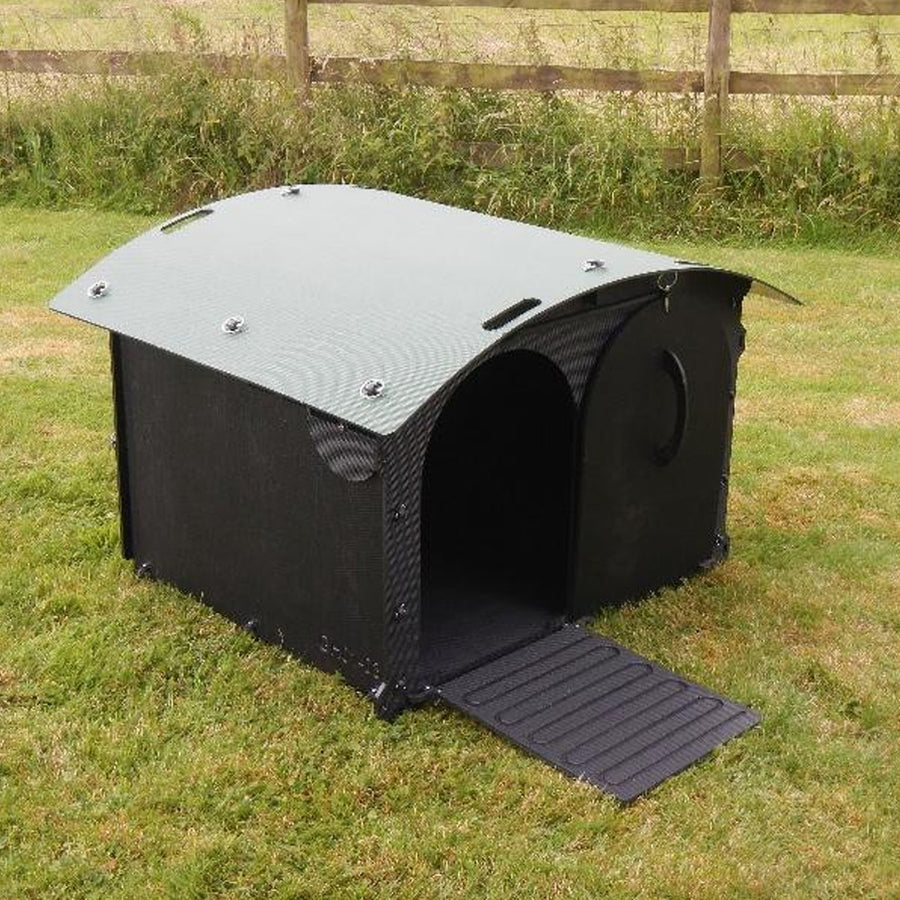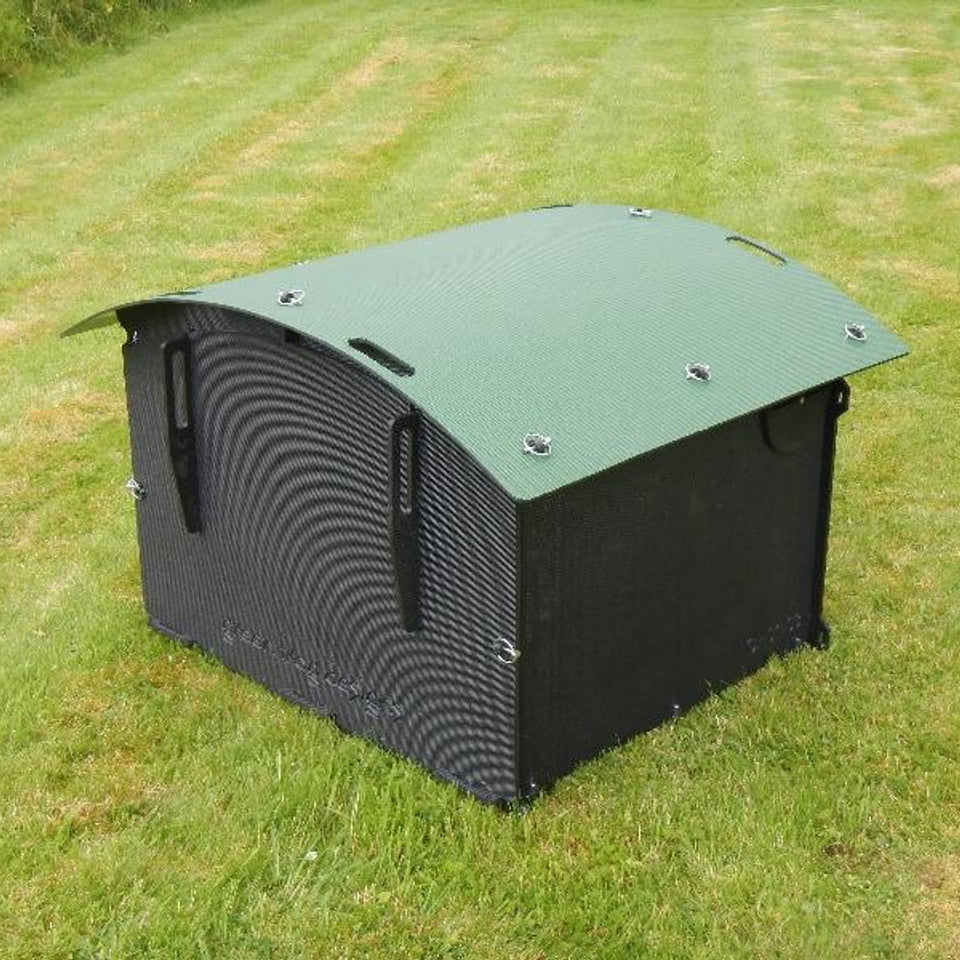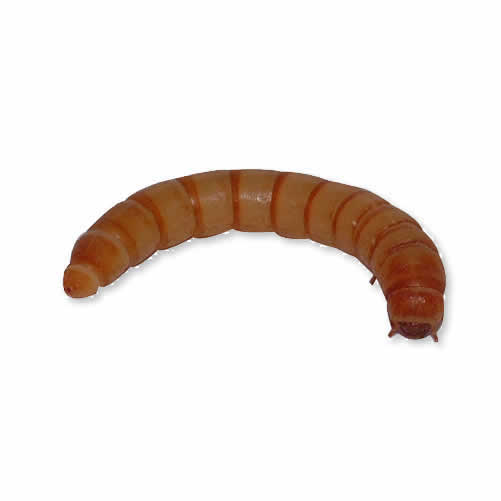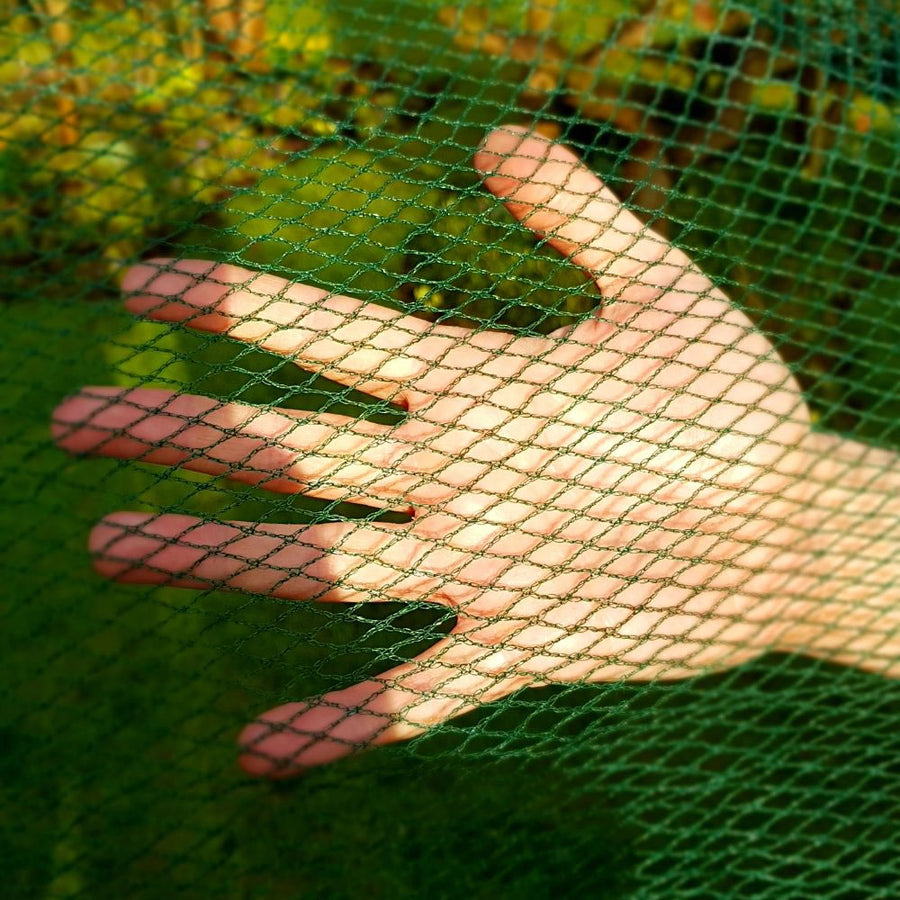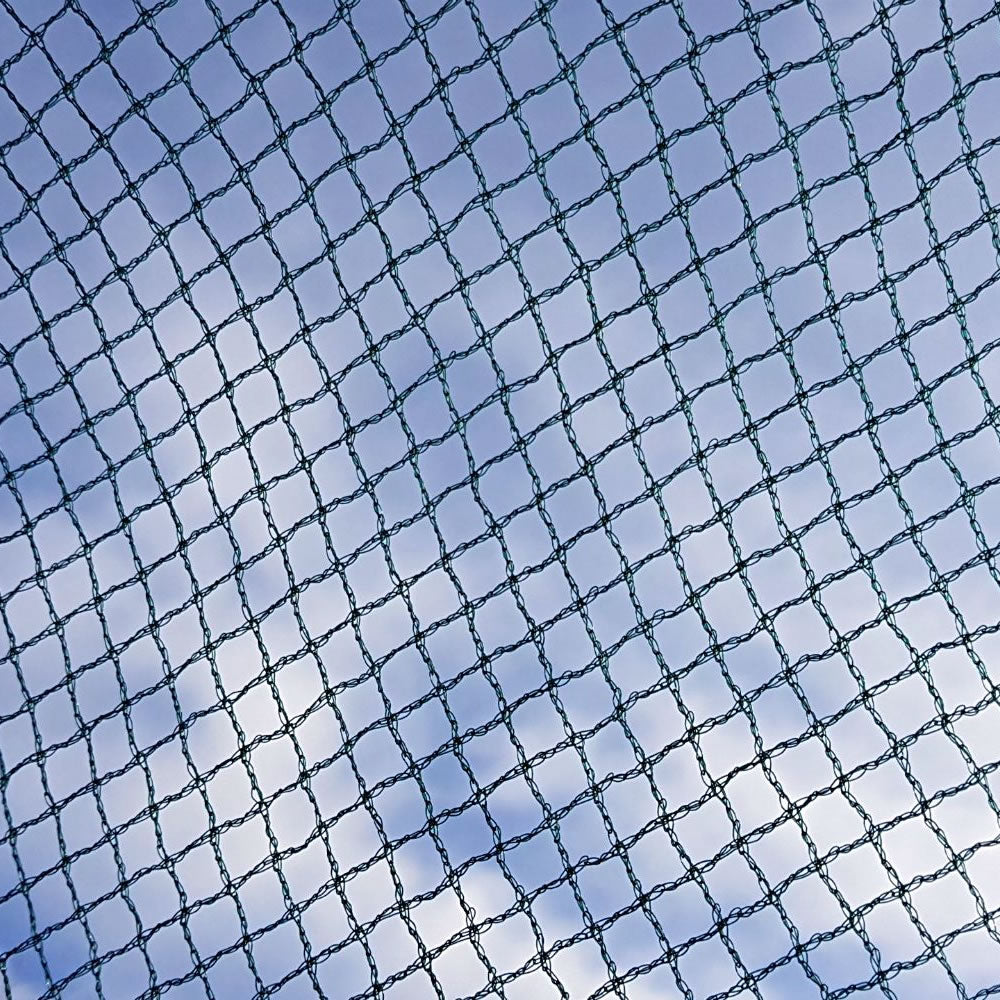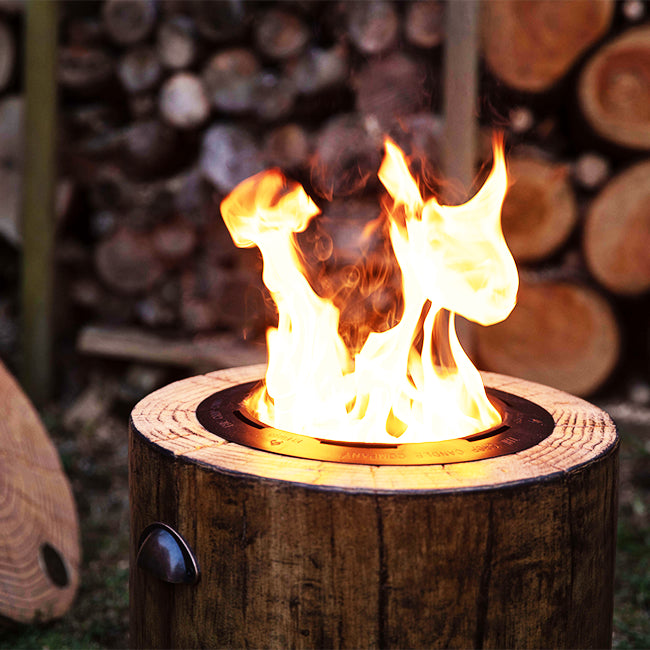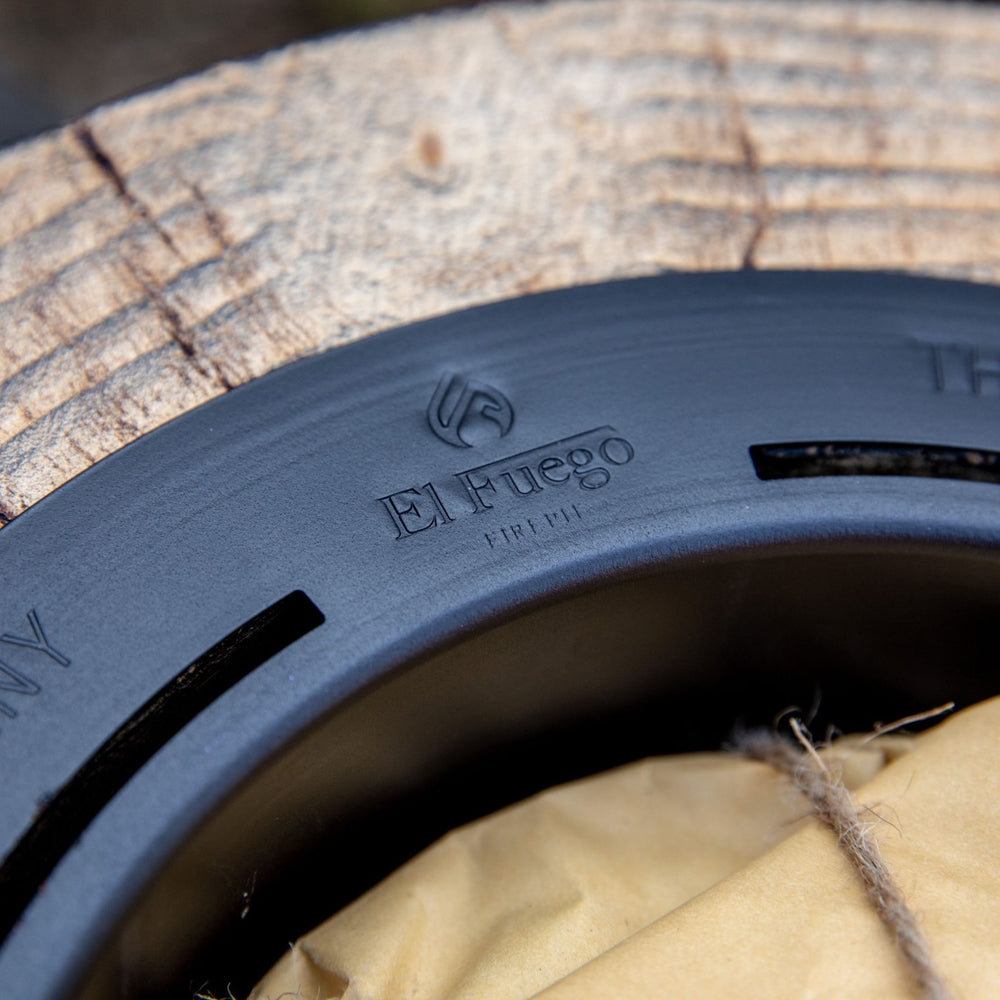What to Feed Chickens: Essential Nutrition Tips and Safe Treats for Poultry

Keeping poultry is easier and more rewarding than many people realise, and knowing what to feed chickens is key to their health and egg production. Whether you're raising backyard chickens for fresh eggs or just starting with baby chicks, the right chicken food ensures your flock stays healthy, happy, and productive. The key to successful chicken feeding is matching the feed to your birds' life stage, providing a balanced diet, and maintaining a daily routine. We’ve compiled the key tips to help keep your chickens healthy and thriving. Let’s get started!
The 90/10 Rule
To keep your chickens healthy, use the 90/10 rule. Ninety percent of your chicken’s diet should come from a balanced, complete poultry feed, such as layers pellets or layer feed. These feeds are specially formulated to provide all the nutrients your chickens need. The remaining 10% can be made up of healthy treats like fruits, vegetables, or scratch grains.
This rule ensures that your chickens get all the nutrients they need while still allowing them to enjoy some variety in their diet.
Here’s how to structure your daily feeding routine:
-
Morning: Fill feeders with fresh layer pellets or chicken food tailored to the age and needs of your flock.
-
Throughout the Day: Provide constant access to fresh, clean water. Chickens drink twice as much water as they eat food, so hydration is critical.
-
Evening: Offer small, healthy treats like leafy greens or a bit of mixed corn. Keep portions small - around one tablespoon per bird.
What to Feed Chickens: Nutrition by Life Stage

Knowing what to feed chickens ensures your flock grows healthy, stays active, and lays strong eggs. From baby chicks to mature hens, each stage of life has slightly different nutritional needs.
Baby Chicks (0–6 Weeks)
|
Aspect |
Details |
|
Feeder Type |
Starter feed or chick crumbles with high protein (20-24%) to support growth and feather development |
|
Texture Options |
|
|
Medicated vs Unmedicated |
Medicated feed protects against coccidiosis - skip if chicks are already vaccinated |
|
Water |
Always provide fresh, clean water |
|
Feeding Duration |
Use starter feed for the first few weeks only - feeding beyond 6-8 weeks can overload liver and kidneys |
|
Additional Tips |
Offer insoluble grit for digestion. Tiny portions of safe chicken treats (e.g., mealworms) but keep treats minimal |
Growers / Pullets (6–18 Weeks)
Pullets, the "teenagers" of your flock, are in a critical growth stage, and their diet must support their developing bodies. At this stage, they should be fed grower feed with slightly lower protein (16-18%) compared to starter feed.
Since pullets aren’t laying eggs yet, their calcium intake should be kept lower to avoid developmental issues. Chicken food comes in various textures, such as mash, crumbles, or pellets - many chicken keepers prefer pellets for ease of storage and reduced mess.
This diet helps pullets:
-
Grow steadily
-
Prepares them for sexual maturity
-
Sets them up for healthy egg production once they start laying
Laying Hens (18 Weeks+)
|
Aspect |
Details |
|
Feeder Type |
Layer feed or layer pellets with 16-17% protein and added calcium for strong eggshells |
|
Supplements |
Provide oyster shells or crushed eggshells separately for additional calcium to support eggshell strength |
|
Daily Feed Amount |
Roughly 100-120g per bird, plus constant access to fresh water |
|
Layer Feed Benefits |
|
Meat Chickens / Broilers
If you're raising chickens for meat rather than eggs, their diet needs to be highly protein-focused to support rapid growth. Broiler feed includes starter, grower, and finisher formulas, with protein levels ranging from 22–24%.
These chickens are typically fed for 6 - 8 weeks to reach processing weight. It’s important to note that broiler feed is not suitable for laying hens, as the high protein and fat content can negatively impact their long-term health. Broilers require constant access to food to reach optimal weight and should be monitored for potential leg issues due to their fast growth. The feed should also include balanced amino acids to ensure proper muscle development.
How Much to Feed Chickens (Per Bird/Day)

Feeding your chickens the right amount ensures they stay healthy and productive. On average, adult laying hens need about 1.5 cups of pellets of feed per day. However, the exact amount can vary depending on the size and purpose of your chickens.
For example:
-
Laying hens: 113g per day
-
Meat birds: 227g per day
-
Bantams: 57g per day
Larger breeds typically eat more than smaller chickens, while bantams consume about half the amount. If your chickens are free-ranging, they may eat 25-50% less commercial feed, as they forage for insects, seeds, and plants.
As chickens grow, their feeding needs change. Regularly monitor your flock’s body condition - overweight chickens may need less feed, while underweight birds may require more nutrition or a health check.
Water, Hydration & Performance for Chickens

Water is the most critical nutrient for your chickens, and it’s essential to ensure they have access to clean, fresh water throughout the day. Dehydration can severely impact their health and egg production, so never let your chickens run out of water.
Daily Water Needs:
-
Adult hens: 250-500ml per day
-
Broiler chickens: 1.5-2 times their feed intake in water
-
Hot weather: Increases consumption by 50%
Proper placement of waterers is key to preventing contamination. Position waterers at shoulder height to avoid droppings and bedding from contaminating the water. Also, keep waterers away from feed to reduce spillage, and consider placing multiple water sources around the coop to ensure all birds have easy access.
Maintaining Clean Water:
Check and refill waterers daily. Clean them weekly using a mild bleach solution to prevent algae and bacteria buildup. If the water becomes dirty, replace it immediately as dirty water can spread disease among your flock.
Seasonal Water Management:
-
In winter: Use heated waterers or water heater bases when temperatures drop to prevent freezing.
-
In summer: Place waterers in shaded areas to keep the water cool and provide extra sources to prevent dehydration. You can also add electrolytes to the water during extreme heat to help with hydration.
Nutritional Needs of Chickens
For chickens to be at their healthiest, their diet needs to include the right balance of protein, vitamins, minerals, and amino acids. Their food should also provide sufficient energy and essential nutrients for laying eggs.

|
Nutrient |
Importance & Details |
|
Protein |
Essential for growth, feather maintenance, and strong eggs. Layer feed typically contains 16-17% protein for adult hens, while chicks need 20-22% protein. |
|
Energy |
Provides the energy needed for movement, warmth and egg production. Comes from carbohydrates and fats found in grain like corn, wheat, and barley. |
|
Calcium |
Crucial for strong eggshells, especially for laying hens. Supplement layer feed with oyster shells or crushed eggshells to ensure sufficient calcium intake. |
|
Vitamins & Minerals |
Important for overall health, immune function, and egg production. Includes Vitamin A, D, and B for chickens to thrive. |
Healthy Treats for Chickens
While chicken treats should only make up about 10% of your chickens’ daily diet, they’re a really great way to provide enrichment and extra nutrients. Healthy treats that are safe for chickens include:
-
Vegetables: Offer a variety such as carrots, broccoli, lettuce, and cabbage. Chickens love leafy greens, which provide essential vitamins and minerals.
-
Fruits: Fresh fruits like strawberries, watermelon, and apples (without the seeds) are great, hydrating treats. They should be given in moderation due to their sugar content.
-
Insects and Mealworms: Chickens love protein-rich treats like mealworms or crickets. These can be a great supplement to their diet, especially if they are not free-ranging.
-
Scratch Grains: Scratch grains, a mix of grains and seeds, are a popular treat. Offering this in moderation gives chickens something to scratch at and helps with natural behaviours.
It's important to avoid overfeeding chicken treats, as too many treats can lead to obesity and poor egg production.
Avoid Harmful Foods
While chickens can eat a variety of foods, there are some things you should never feed your chickens. Some foods can cause serious health issues or even be deadly.
Avoid giving them:
-
Avocado: The skin and pit contain persin, which is toxic to chickens.
-
Chocolate: Contains theobromine, which can cause heart issues in chickens.
-
Onions and Garlic: These can damage chickens’ red blood cells and cause anemia.
-
Processed Foods: High-salt or sugary foods, such as junk food, can lead to obesity and health problems in chickens.
-
Raw Potatoes and Tomato Plants: These contain solanine, a toxin harmful to chickens.
Providing the Right Space and Environment

In addition to feeding chickens the right food, it’s essential to provide the proper environment. Chicken coops and chicken runs should be clean, spacious, and secure. Make sure your chickens have access to fresh water, plenty of room to roam, and protection from predators.
For free-range chickens, they’ll love foraging in the garden, pecking at insects, seeds, and plants, which complements their diet. Free ranging allows your chickens to get natural sources of food like insects and plants, but it’s still important to supplement their diet with balanced chicken feed.
Legal & Safety: Kitchen Scraps and Catering Waste
Feeding kitchen scraps to chickens is illegal in the UK, no matter the size of your flock. The Animal and Plant Health Agency (APHA) enforces strict rules to protect animal health and prevent the spread of disease. This ban covers all types of kitchen waste, including meat, dairy, and any food handled in kitchens that also process animal products - whether you're keeping chickens as pets or for commercial purposes.
These regulations help prevent serious animal diseases, such as African Swine Fever and Foot and Mouth Disease, which can not only harm your flock but also affect the wider agricultural economy. Always check the APHA guidance before introducing new treats to your chickens to ensure their safety.
How to Store Chicken Food Properly
-
Use airtight, vermin-proof containers like metal bins or sturdy plastic with tight lids.
-
Store off the ground to prevent moisture damage and pests.
-
Choose a cool, dry, and dark location and keep at a temperature below 21°C.
-
Only store what’s needed to ensure freshness. Practice "first in, first out" by using older bags first.
-
Check regularly for signs of spoilage. Discard any compromised feed and clean storage containers regularly.
Flying the Coop

Feeding chickens properly is key to their health, egg production, and overall happiness. By providing them with the right balance of chicken food, safe treats, and fresh water, you can ensure that your flock stays strong, productive, and content. Whether you’re raising backyard chickens or keeping a small flock of pet chickens, the proper diet will set you up for success. At Garden Wildlife, we can help you keep your flock’s diet balanced and provide variety, so that they can thrive. Contact us for any questions you may have about their dietary needs.
Frequently Asked Questions
What feeding equipment is best for my chickens?
Use feeders with rain covers to keep food dry and prevent spoilage. Tube feeders are great for minimising waste, while automatic drinkers provide easy access to clean water. Regularly clean feeders and drinkers to maintain hygiene and keep your chickens healthy.
How do I adjust my chickens' diet for seasonal changes?
Chickens' nutritional needs change with the seasons. In winter, provide extra calories for warmth and energy, while in summer, offer more water and reduce high-energy grains. Ensure access to fresh greens and adjust feed amounts based on foraging availability.
Why can’t I feed chickens food from my kitchen?
Feeding chickens kitchen scraps is illegal in the UK, as it can introduce harmful bacteria or diseases into their diet. They may contain harmful ingredients like meat, dairy, or processed foods. It's best to feed your chickens commercial chicken feed, fresh vegetables, and fruits instead.
Why is grit important for chickens?
Chickens need grit to help digest their food properly since they don’t have teeth. Insoluble grit like flint helps grind food in the gizzard, while soluble grit like oyster shell provides calcium, which is crucial for laying hens to produce strong eggshells.
What should I do if my chickens have soft or thin eggshells?
Soft or thin eggshells are often a sign that your hens aren’t getting enough calcium. To fix this, ensure they're eating layer feed with added calcium or supplement with oyster shell or crushed eggshells. It’s also important to check that your hens are getting enough fresh water, as dehydration can also impact eggshell quality.


